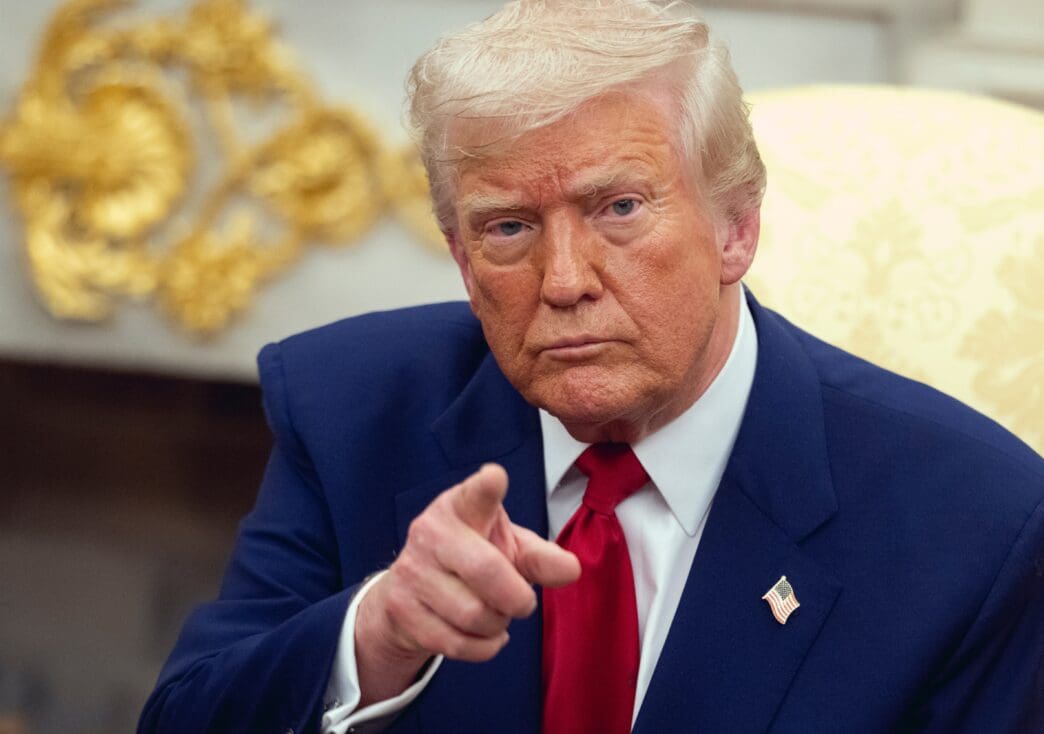Executive Summary
- President Trump and FCC Chairman Brendan Carr are employing threats against local television station licenses to pressure major media companies, despite having limited legal capacity to directly revoke broadcast licenses.
- The FCC’s true leverage over broadcasters lies in its authority to approve or reject station license transfers and mergers, which is used to influence content and encourage self-censorship.
- Broadcasters have responded to this pressure, with examples like Paramount settling a lawsuit related to President Trump’s presidential library and Nexstar pre-empting “Jimmy Kimmel Live!” while seeking FCC approval for mergers.
The Story So Far
- President Donald Trump and FCC Chairman Brendan Carr are exerting pressure on major media companies by threatening local television station licenses, despite the FCC’s limited legal capacity to directly revoke broadcast licenses for content. This strategy leverages the FCC’s significant power over mergers and acquisitions to influence content and encourage self-censorship among broadcasters, particularly when companies have pending business deals requiring the commission’s approval.
Why This Matters
- President Trump and FCC Chairman Brendan Carr’s use of threats, while unlikely to result in direct license revocations, creates significant pressure on major media companies, potentially leading to self-censorship to avoid regulatory scrutiny. This strategy leverages the FCC’s power over mergers and acquisitions as a potent tool for political influence, which could deter future industry consolidation and force transactional concessions from broadcasters seeking approvals.
Who Thinks What?
- President Trump and FCC Chairman Brendan Carr are employing threats against local television station licenses to exert influence over media content and encourage self-censorship, primarily by leveraging the FCC’s power over mergers and acquisitions rather than direct license revocation.
- Broadcasters, including Paramount, Nexstar, and Sinclair, are responding to this pressure by taking actions such as settling lawsuits or preempting shows, particularly when they have pending mergers or acquisitions requiring FCC approval.
- Critics, including Democratic politicians, public interest groups, and legal experts, view the FCC’s actions as a form of “Federal Censorship” and a dangerous shift, while legal experts also state that direct license revocation for content is legally unfeasible and unprecedented.
President Trump and Federal Communications Commission (FCC) Chairman Brendan Carr are employing threats against local television station licenses, creating pressure on major media companies, despite a limited legal capacity to directly revoke broadcast licenses. The strategy, described by former Disney CEO Michael Eisner as “aggressive yet hollow” regarding outright license denials, appears to leverage the FCC’s power over mergers and acquisitions to influence content and encourage self-censorship among broadcasters.
The Nature of the Threats
While the FCC has not denied a license renewal in decades, and any attempt to revoke a station license would face protracted legal challenges, the threats themselves serve a purpose. FCC Commissioner Anna M. Gomez noted on X that “the threats are the point,” suggesting they are a tool for the Trump administration to exert influence over media outlets.
This approach aims to pressure media companies into submission and self-censorship, rather than directly stopping them from broadcasting disfavored shows. The recent suspension of “Jimmy Kimmel Live!” by ABC, owned by Disney, has brought this dynamic into sharp focus.
FCC’s Leverage: Mergers and Acquisitions
The FCC’s true power over broadcasters lies in its authority to approve or reject station license transfers and mergers. This regulatory bottleneck provides a significant point of leverage over companies seeking to expand or consolidate their media holdings.
Earlier this year, Paramount, owner of the CBS network, experienced this dynamic firsthand. The company required Carr’s approval for its merger with Skydance Media. Paramount executives reportedly suspected delays in the review process were linked to negotiations over a lawsuit Trump had filed concerning the CBS newsmagazine “60 Minutes.”
Paramount ultimately agreed to pay $16 million towards Trump’s future presidential library to settle the lawsuit. Shortly after, Carr approved the Paramount-Skydance deal, though he maintained that the review process was unrelated to the settlement.
Broadcasters Respond to Pressure
The “Jimmy Kimmel Live!” controversy has seen other major broadcasters respond to the perceived pressure. Nexstar, which operates numerous ABC-affiliated stations, was among the first to condemn Kimmel and preempt his show.
Industry analysts noted that Nexstar is currently seeking FCC approval for a proposed merger with Tegna, which would require a waiver or rule change from Carr due to market share limits. Nexstar denied direct contact with the FCC, but its justification for its actions closely mirrored Carr’s public statements.
Similarly, Sinclair, another large station group owner with potential FCC-regulated deals, issued an even stronger statement against Kimmel. These actions suggest a transactional environment where broadcasters may seek to remain in the FCC’s good graces, particularly when significant mergers or acquisitions are pending.
Political and Legal Reactions
Public interest groups and Democratic politicians have expressed alarm at the FCC’s perceived shift. Senator Edward J. Markey, for example, criticized the agency, calling it the “Federal Censorship Commission.” Carr, however, has embraced the controversy, aligning with the president who appointed him.
Despite the aggressive stance, legal experts and analysts confirm that revoking an existing broadcast license is fraught with legal obstacles. Public interest lawyer Andrew Jay Schwartzman stated that the FCC rarely attempts such actions, typically only in cases of felonious conduct or severe misrepresentations, and never for program content. He noted that no large broadcaster has lost a license since the 1980s, and that instance involved bribery.
Even some conservative voices have cautioned against government intervention in media content. Senator Ted Cruz warned that government dictating media content could ultimately be detrimental to conservatives. The conservative Wall Street Journal editorial board also argued that the government should remove the FCC from regulating media altogether.
The Enduring Impact
While direct license revocation remains legally challenging, the Trump administration’s approach has undeniably created an environment of caution within the media industry. Major media companies may hesitate to pursue mergers and acquisitions, fearing prolonged reviews or transactional demands. The strategy highlights how the FCC’s regulatory power over business transactions can serve as an indirect, yet potent, tool for political influence over media content.








